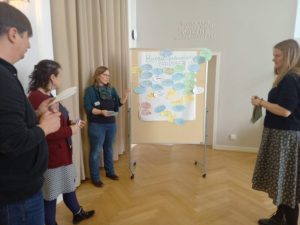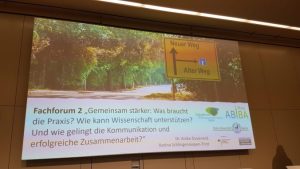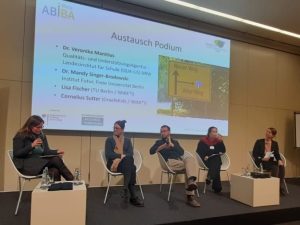Aktuell sind zwei Abschlussarbeiten mit dem Schwerpunkt Kindheitsforschung/Kinderperspektivenforschung bei Iris Würbel im Arbeitsbereich für Allgemeine Erziehungswissenschaft ausgeschrieben.
Hintergrund ist das Projekt „CoKiCo – Kinderperspektiven auf die COVID-19 Pandemie“ (für weitere Infos zum Projekt siehe Menüpunkt „Forschung“ auf dieser Seite). In diesem Rahmen wurden 7- bis 9-Jährige im Winter und Frühjahr 2020/2021 in qualitativen Online-Interviews zu ihrem Alltag während der Corona-Pandemie befragt.
Gesucht werden zwei Master- und/oder Bachelorstudierende der Bildungs- und Erziehungswissenschaft oder des Lehramts (bei Absprache mit dem eigenen Prüfungsbüro auch gerne der Sozialwissenschaft/Soziologie oder der Psychologie), die Lust haben eine eigene kleine empirische Fragestellung anhand des Projekts CoKiCo zu entwickeln. Für die Abschlussarbeiten kann auf die von den Kindern mit ins Interview gebrachten Fotos ihres Alltags sowie auf Teile der Interview-Transkripte zurückgegriffen werden (Transkripte und Fotos liegen bereits vor). Der empirische Anteil ist bei Bachelorarbeiten dem Umfang der Arbeit entsprechend geringer.
Teil der Betreuung ist es u.a., die Studierenden bei der Suche nach einer Fragestellung zu begleiten und bei der Literaturauswahl zu beraten, bspw. zur qualitativen Auswertung der Fotos. Die Abschlussarbeiten sind idealerweise ab sofort bzw. im Laufe des Jahres 2023 anzufertigen.
Bei Interesse melden Sie sich bitte bei iris.wuerbel@fu-berlin.de




